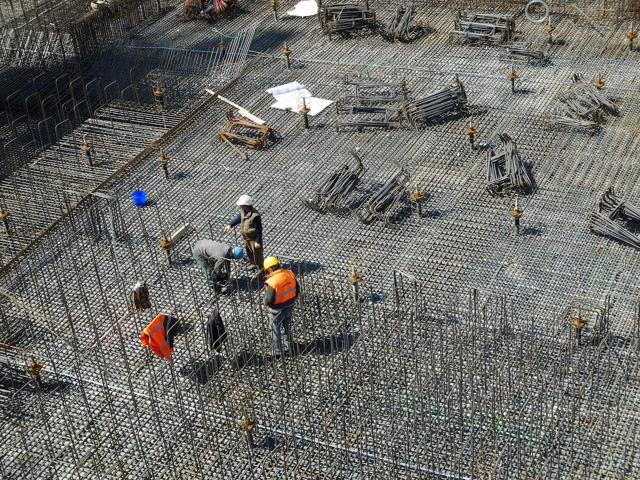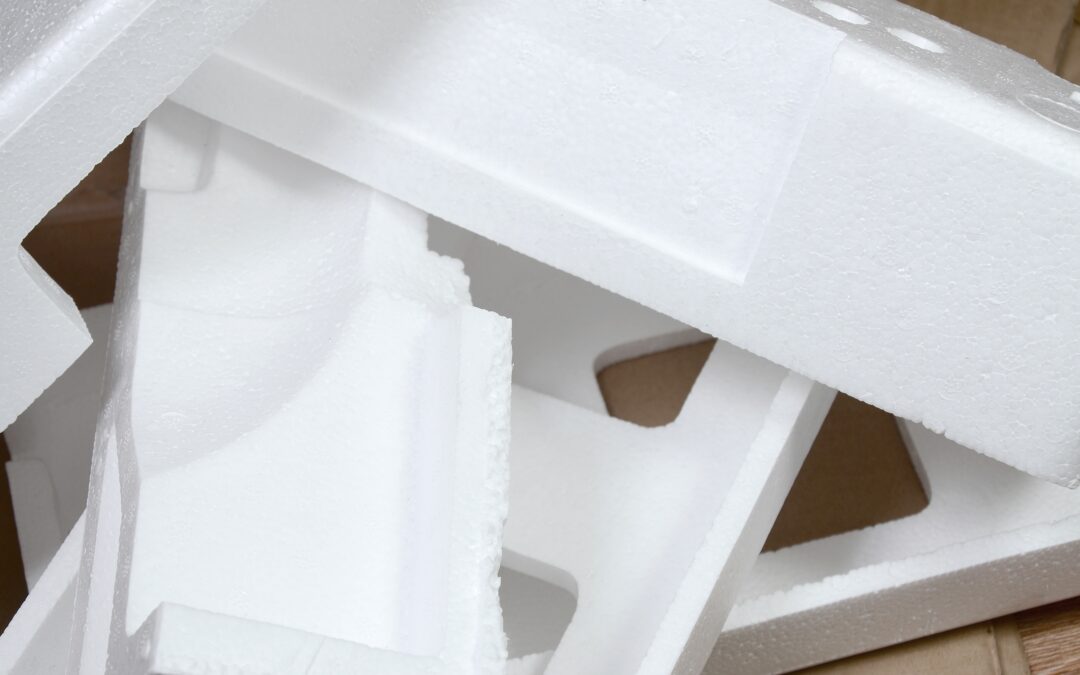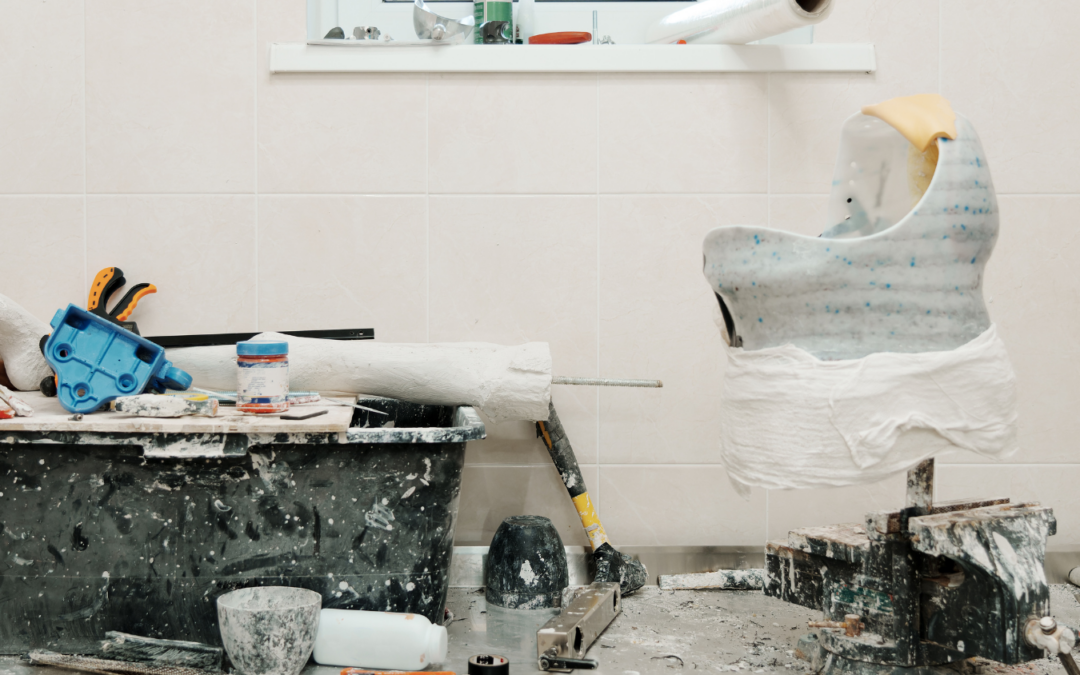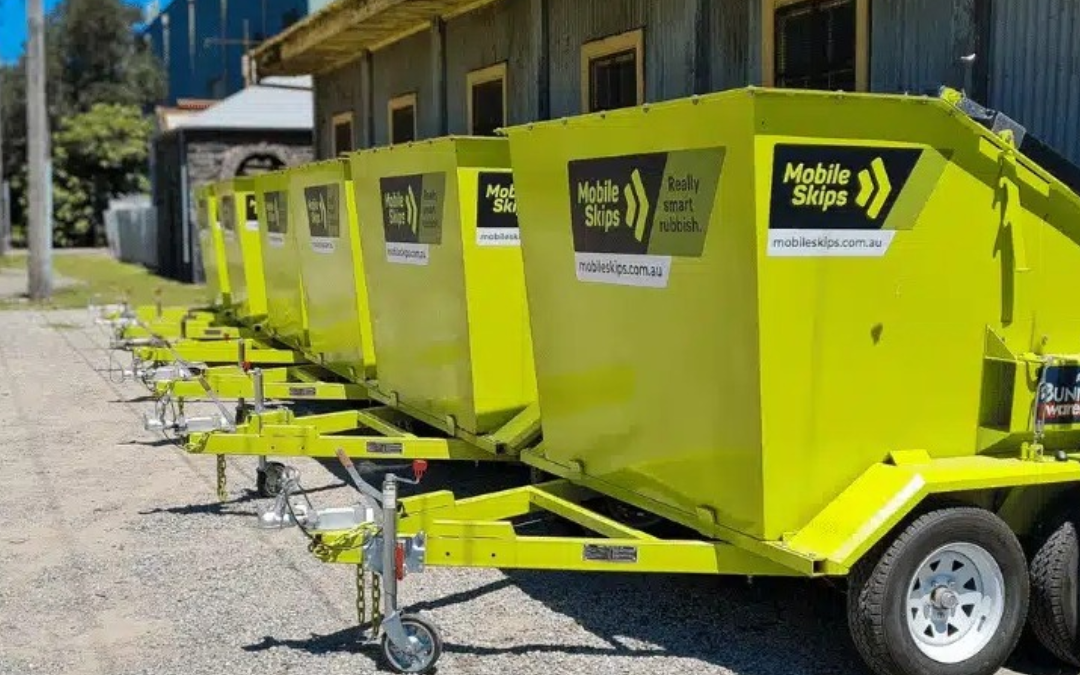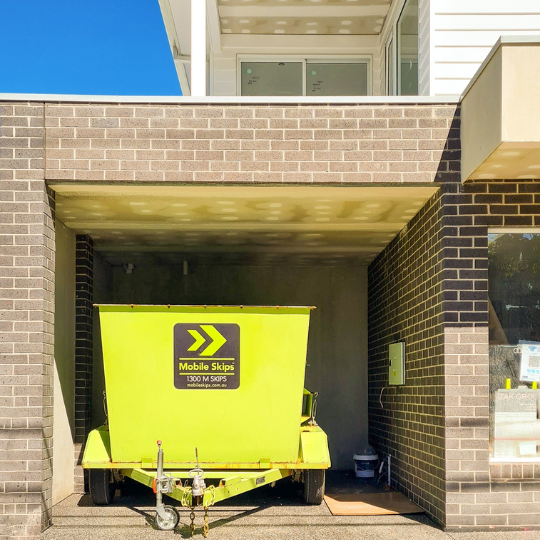At a construction site, there is a lot of waste involved while constructing or demolishing a building. Most of these waste materials that come from construction sites end up in a landfill instead of being recycled.
Disposing of the waste at the construction site is quite challenging. However, there are some simple yet effective ways to manage this waste. It requires proper planning to come up with the best eco-friendly waste disposal solution.
But before you learn how to dispose of it, you should know what waste material you can dispose of and some tips to do it.
What Construction Waste Materials can you dispose of?
Construction waste materials can be hazardous for the people working on-site as well as the environment. There are various types of construction waste materials that you need to dispose of as quickly as possible.
Here is a list of such these materials:
- Bricks and drywalls
- Asbestos and Asbestos-containing materials
- Untreated wood, plywood, particleboard, and pallets.
- Carpets
- Concrete, ceramic and porcelain
- Asphalt and Asphalt shingles
- Toilets, sinks and bathtubs
- Tile and mirror
- Lead and mercury-containing materials
Tips for Reducing Your Construction Waste
For efficient waste management, you need to follow some simple tips. These tips will help you dispose of the waste material at construction sites quickly. So, the following are the simple tips to keep the unnecessary waste out of your construction site:
1. Minimise waste
You have to minimise any type of waste materials found at a construction site. Identify the products based on their designs, manufacturing, and packaging. Waste minimisation involves reducing the amount of waste on a construction site to avoid harmful waste generated during production and promote a sustainable environment.
2. Segregate waste
Separating waste material is an essential part of effective construction waste management practices. You can segregate the waste with the following methods:
If you can bring a mini crusher and screener to the site, use them to identify the leftover blocks, bricks, and other hardcore material.
To separate the waste efficiently, you should add a waste storage area on the site, featuring labels, bins, and bulk bags for different types of waste material.
Train your employees with basic techniques of efficient waste segregation practices. You can offer them rewards and incentives to make sure that they use the best possible solutions.
Build a team of experts to monitor the waste on the construction site and manage it in the most effective and eco-friendly way.
3. Reuse waste materials
Some of the waste materials are reusable. You can keep this type of waste for further use or donate or sell them to someone to use on their projects. It can be anything that is in good condition to be used for future projects.
Materials that you cannot minimise, eliminate or reuse need proper disposal at the least cost possible.
4. Eliminate waste materials
You can also eliminate some of the waste materials generated at the construction sites. By removing the waste, you can save your employees as well as the environment from its harmful effects.
5. Deconstruction
While demolishing a building, you can expect a lot of pollution and waste generation. Deconstruction will help you avoid this as it allows recovery of any usable waste material. Other than waste minimisation and resource preservation, it creates employment opportunities, leading to a better economy.
Here are some aspects to consider while building demolition:
- Since it is impossible to fully deconstruct a building, you can deconstruct most of them by combining both deconstruction and demolition techniques.
- Construction projects that use inferior quality mortar on high-quality bricks are much easier to deconstruct.
- You can easily deconstruct Wood-framed buildings if they are built with old-growth wood or heavy timber.
- Buildings with a sound structure and designed with high-quality, durable materials are easy to deconstruct and even result in maximum waste recovery.
Ways to Dispose of Different types of waste materials at Construction Sites
Now that you know the construction waste management tips, here are some effective ways to dispose of different types of waste materials at construction sites:
1. Bricks
Since bricks are smaller, you can get rid of the old, damaged ones. But with some effective disposal solutions, you can dispose of the bricks quickly.
The most suitable way to get rid of a pile of bricks would be to rent a dumpster. You can dump a huge quantity of old bricks, depending on how large and heavy the dumpster is.
Moreover, with a roll-off dumpster, you can also dispose of other waste materials along with the bricks. The only downside would be that you have to load and unload the bricks yourself.
You can find a local skip bin hire service to dispose of your bricks. It is an ideal disposal option that does not cost much. If you only have a small pile of bricks to get rid of, hire these services as they will load and unload all the waste material in their truck.
Another way to dispose of your bricks would be to get rid of them yourself. Once you know the number of bricks you need to dispose of, all you have to do is load them into a truck. It is a cost-effective disposal solution as long as you are careful while selecting the vehicle for the process.
2. Asbestos
Asbestos can be harmful to the environment and your health as well. It is a hazardous waste material that involves a complicated process for its disposal. However, if you cannot remove it from the site yourself, you can hire professionals to do the job for you.
But you have to make sure the hired professional is following all the guidelines mentioned in NSW government regulations.
Before removing asbestos from your site, you need to check whether the local council is accepting asbestos or not. If they accept, you may have to meet some requirements if you want to access their services to deliver your waste asbestos. Once you are qualified, you have to make advance bookings at least 24 hours before disposing of your asbestos.
To avoid any risks, you can:
- Assess the risk of exposure to airborne asbestos
- Inform the authorities about the area where you found the asbestos.
- Minimise or eliminate the risks by taking safety measures.
- Review safety measures to know if they are effective or not.
3. Concrete
It is not an ideal option to throw away all your old concrete. There are several options for you to dispose of your old concrete. You can select the most suitable one.
If you have a truck or can hire one, load the concrete on the truck and dispose of it. However, you have to be careful while loading the concrete as overloading the vehicle could cause an engine failure or even an accident.
Try selling your old concrete to building material suppliers. Go for the ones that operate on a large scale and have enough dump-trucks to load all your concrete. Some companies even offer freeloading and transportation services, depending on your location.
One more way to dispose of the old concrete is to sell it for free. When people know you are giving away the concrete, many of them would probably be interested in taking it.
4. Untreated wood and wood products
You can easily dispose of the untreated wood and wood materials, such as particleboard, medium-density fibreboard or plywood, found at a construction site. However, they contain harmful chemicals that may affect your health as well as the environment if exposed.
So, if you have large quantities of untreated wood or wood products, you can dispose of them in the city landfill. As the wood is in bulk, you may have to hire a professional to load and transport it from your site to the landfill.
Summary
Construction waste management is essential to reduce air, water, and soil pollution. Since construction sites involve a lot of waste materials, you dispose of them the right way instead of just dumping them in the landfills.
The waste material can be in any form such as bricks, untreated wood, asbestos, concrete, etc. Once you find and identify all the waste materials at your construction site, you have to dispose of them or see if you can use them for future projects.
You can minimise, segregate, eliminate, and reuse the waste found on your construction site for proper disposal. Moreover, while demolishing buildings, consider deconstruction if you want to recover all the waste material generated since the beginning of the project.
For every type of material, there are different ways to dispose of it. You can dispose of the bricks by renting a dumpster or hire a local removal service provider to do the job for you. If you have waste concrete at your site, consider selling it to building material suppliers or for free to the general public.
Waste asbestos would require a complicated procedure as you need the approval of the local council to dispose of it. As for the untreated wood or wood products, you can simply dispose of them in the landfill.

